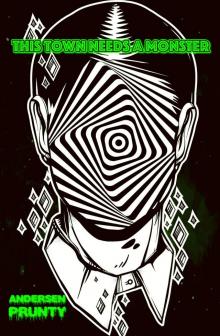 This Town Needs a Monster
This Town Needs a Monster Irrationalia
Irrationalia Sunruined: Horror Stories
Sunruined: Horror Stories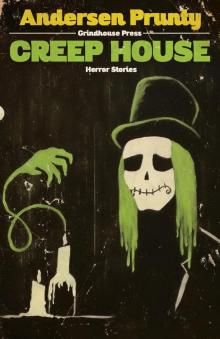 Creep House: Horror Stories
Creep House: Horror Stories Sociopaths In Love
Sociopaths In Love Slag Attack
Slag Attack Pray You Die Alone: Horror Stories
Pray You Die Alone: Horror Stories Satanic Summer
Satanic Summer My Fake War
My Fake War Jack and Mr. Grin
Jack and Mr. Grin The Warm Glow of Happy Homes
The Warm Glow of Happy Homes Fuckness
Fuckness Bury the Children in the Yard: Horror Stories
Bury the Children in the Yard: Horror Stories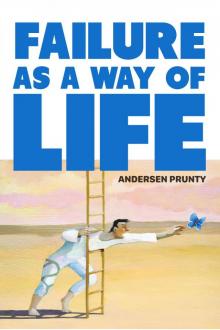 Failure As a Way of Life
Failure As a Way of Life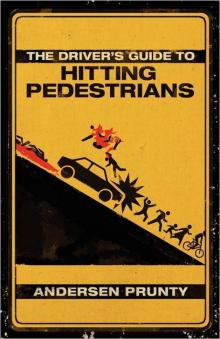 The Driver's Guide to Hitting Pedestrians
The Driver's Guide to Hitting Pedestrians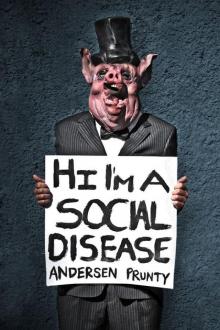 Hi I'm a Social Disease: Horror Stories
Hi I'm a Social Disease: Horror Stories The Sorrow King
The Sorrow King Zerostrata
Zerostrata The Overwhelming Urge
The Overwhelming Urge